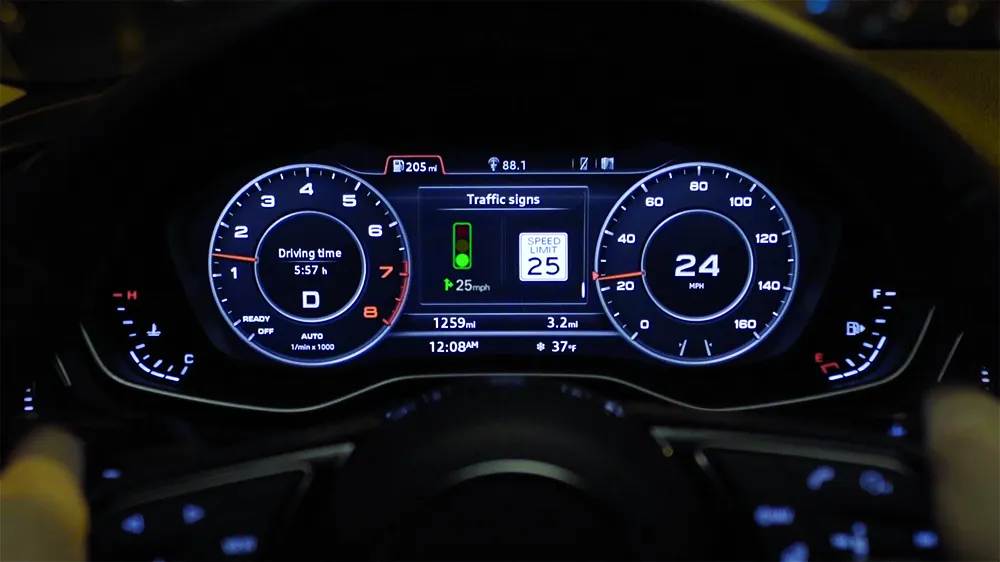Vix UK has worked with Go North East (GNE) and Nexus to carry out a successful trial of automatic vehicle location (AVL) technology integrated into the Vix ticketing platform. Following on from a small scale pilot for Nexus (the Tyne and Wear Passenger Transport Executive), which provided a showcase for the interaction between major real-time passenger information systems, the trial was successfully accepted and signed off by Nexus earlier this year.
August 3, 2012
Read time: 2 mins
To further push the boundaries of scale, technology, standards and partnerships, Go North East commissioned Vix to implement AVL technology without the traditional, dedicated telematics boxes installed on the vehicles, but based on the Vix TP5700 ticket machine. The company claims that delivery of AVL through these means marked a major milestone in the delivery of AVL for the ITS market as a whole. Indeed, Vix claims that Go North East are pioneers and leaders in the most significant technology shift since real time information was introduced over ten years ago, and are delighted with the performance of the system adding that it provides ‘significant benefits’ and ‘greatly assists’ in the efficient management of the bus fleet. The PTE (Nexus) also gain a cost effective, high technology route to much greater and richer transport information and GNE will gain significant tools with which to manage both their depots and fleet in real time.










